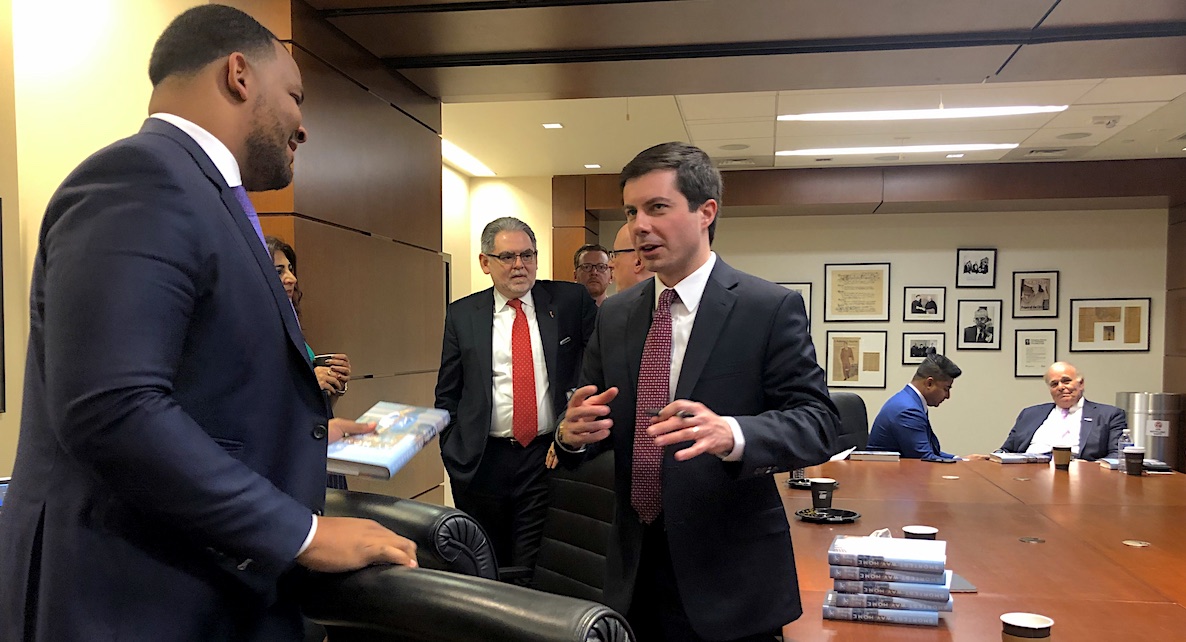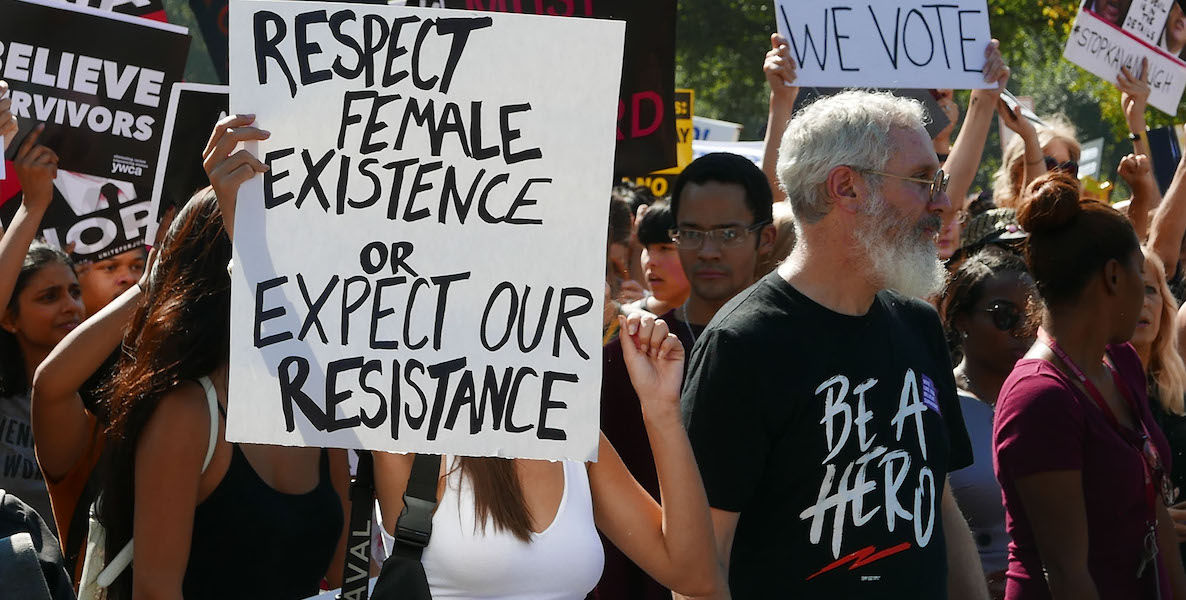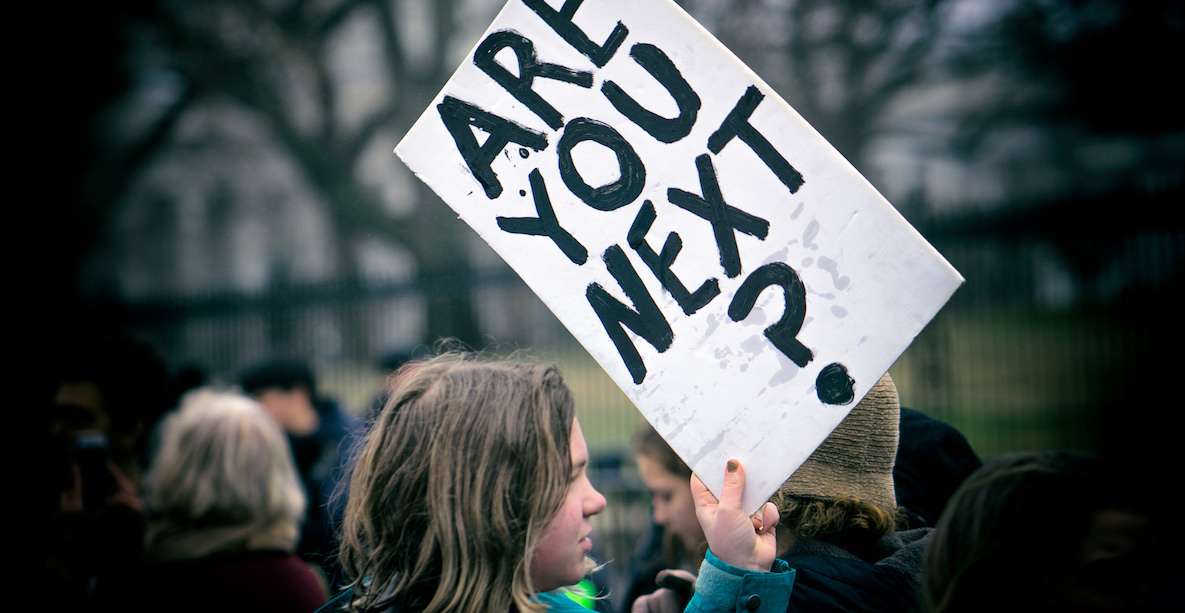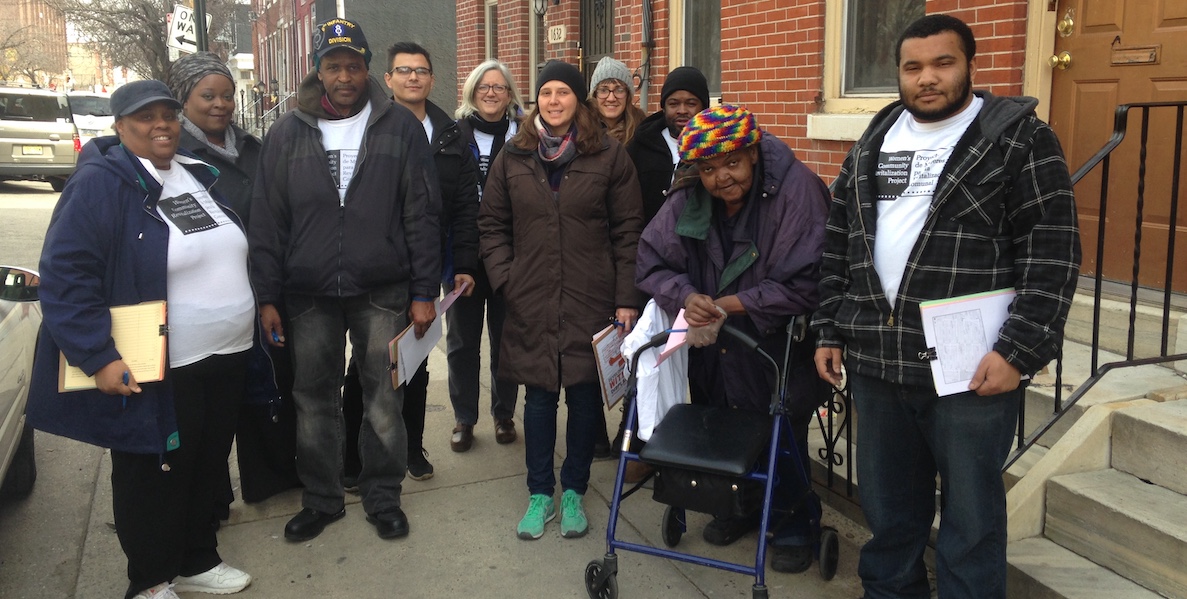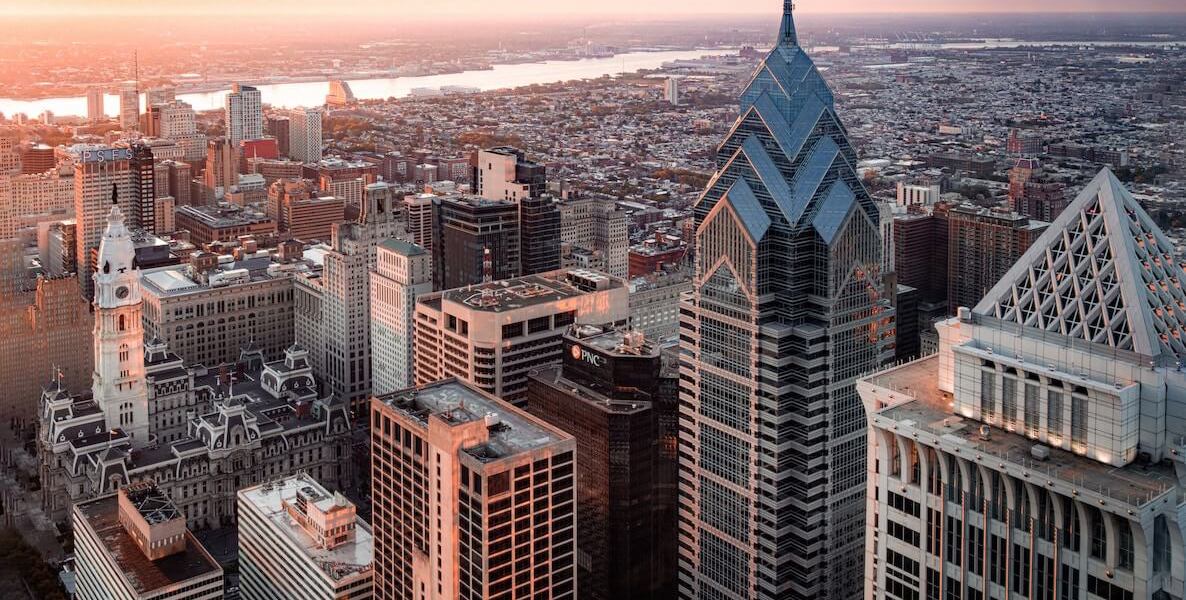The South Philadelphia neighborhood of Point Breeze is in many ways a modern day urban tale. Nestled against Broad Street a couple miles from Center City, it was a predominantly low income African American neighborhood for decades until, in the last few years, it became the next frontier for young (predominantly white) professionals, first-time home owners and private developers. Along with that has come displacement—as property values have risen, so have rents—and cultural disconnects, from racial disparities to controversial ideas about what the neighborhood should even be called.
Into this mix, the Women’s Community Revitalization Project has injected a bit of relief: This year, the 33-year-old organization plans to break ground on a 33-unit low income rental complex, and five new homes for low income buyers that will remain affordable in perpetuity. The projects, as with all of WCRP’s work, came about through a years-long process of working with residents and neighborhood groups to determine their needs—helping to stanch the effects of gentrification on the existing community before it disappears.
Now, the WCRP will bring that same approach to neighboring Grays Ferry—also starting to face rapid development—with a $50,000 grant from The Citizen’s Jeremy Nowak Urban Innovation Award.
The awards process, first announced at The Citizen’s Ideas We Should Steal Festival last November, was heartening. Almost all the applicants, from a varied group of organizations all across the city, had great ideas for solving problems in Philly. It told us one thing we suspected when we started this: There are countless people in Philadelphia working to make this a more livable place for everyone in it.
Two other strong proposals made the list of finalists last week: The Pennsylvania Horticulture Society, in partnership with the Neighborhood Gardens Trust, sought a grant to identify informal community gardens that could be made into permanent gardens, providing much-needed green space for growing and gathering. And Kensington’s Impact Services sought funding to create five pocket parks, part of a larger neighborhood plan, in a section of the neighborhood that lacks for safe green space.
“The lesson of how quickly you need to respond, and how proactive communities need to be in neighborhoods, has been learned pretty clearly in Point Breeze,” says Clark. “That is a lesson that will go forward for the people in Grays Ferry.”
Those groups were among the 15 organizations that submitted proposals for the inaugural award, funded by Spring Point Partners and named for The Citizen’s late chairman. They all addressed one of three ideas from our November Festival: using bikes and storytelling to build community; creating parks as a way to reduce crime; fighting gentrification by creating development with residents, not despite them.
The seven-person committee unanimously selected WCRP because of the timeliness and importance of the group’s work in keeping Philadelphia a city where everyone can thrive, and for the possibilities of bringing that work to neighborhoods across the city. The committee included Citizen co-executive directors Larry Platt and Roxanne Patel Shepelavy; Nowak’s widow, Jano Cohen, and daughter, Jessica Cohen-Nowak; Spring Point’s Laura McHugh; Markita Morris-Louis, executive director of the Chamber’s Arts & Business Council; and Uva Coles, associate vice president for Civic and Global Engagement at Widener University.
Learn more about the Women's Community Revitalization ProjectDo Something
The Women’s Community Revitalization Project has a storied history in Philadelphia. Started in 1985 by Nora Lichtash—who is still its executive director—it has invested $90 million in communities and community organizations, and built or rehabilitated 282 homes, all of which are kept permanently affordable. For most of that time, WCRP worked in Eastern North Philly, in the area around Kensington and Fishtown. A few years ago, when the land became too expensive, the group moved to Point Breeze.
Since then, the WCRP team has built relationships with community groups, neighborhood leaders, businesses and politicians in the area to determine the priorities and needs of residents. That led to the plans for the Mamie Nichols Townhomes, for low income veterans, families with small children and people with special needs; and for the Mamie Nichols Home Ownership, for families earning at or below 80 percent of the area median income—about $70,000 for a family of four. (Organizing Director Christi Clark says WCRP’s developments are all named for strong women—like community organizer Mamie Nichols—who inspire them.) WCRP now owns the land, has permits and has raised $3 million for the developments; it hopes to have the rest in place over the next three to nine months.
Two other strong proposals made the list of finalists last week: The Pennsylvania Horticulture Society, in partnership with the Neighborhood Gardens Trust; and Kensington’s Impact Services.
In the meantime, Clark says the group started a “listening project” in Grays Ferry to identify the priorities, community concerns and capacity for similar developments in that neighborhood, just to the west of Point Breeze. A long overlooked pocket of land that abuts the Schuylkill River south of Washington Avenue, Grays Ferry is now the home of Penn’s Innovation Center—and the next frontier in private development. That makes this the perfect time for WCRP’s work.
Articles by Roxanne Patel Shepelavy Read More
“The lesson of how quickly you need to respond, and how proactive communities need to be in neighborhoods, has been learned pretty clearly in Point Breeze,” says Clark. “That is a lesson that will go forward for the people in Grays Ferry.”
With the Urban Innovation Award, WCRP will spend the next several months working with community groups and as many as 200 residents to create a neighborhood plan that can serve a couple purposes: It will identify several parcels of land for WCRP to turn into perpetually affordable housing and commercial space—things their listening project uncovered as priorities for Grays Ferry residents. It can also serve as a template for elected officials and private developers of what neighbors want and need in their community—a way to put current residents into a conversation that often happens without them.
“Development Without Displacement planning will support community residents in holding candidates accountable to the goals of equitable development—especially for long term, black and brown community residents,” WCRP said in its application.
For that, the timing is also fortuitous: It’s an election year, when candidates-turned-elected officials are most inclined to listen to their constituents. “This is really the time for this, in many ways,” Clark notes—and we agree.
Header: Courtesy of WCRP


